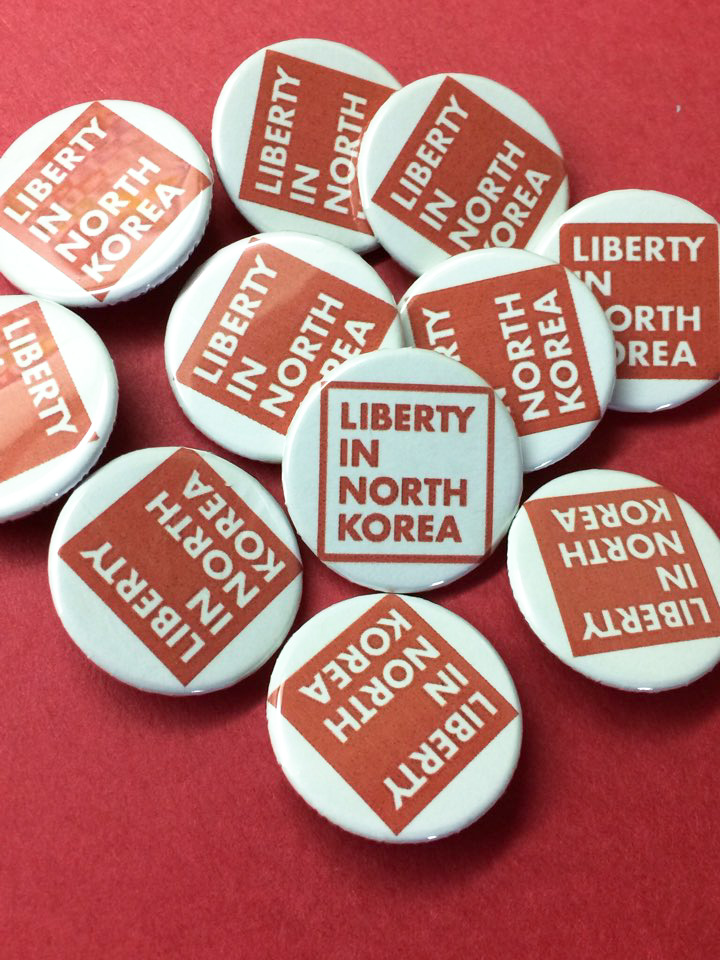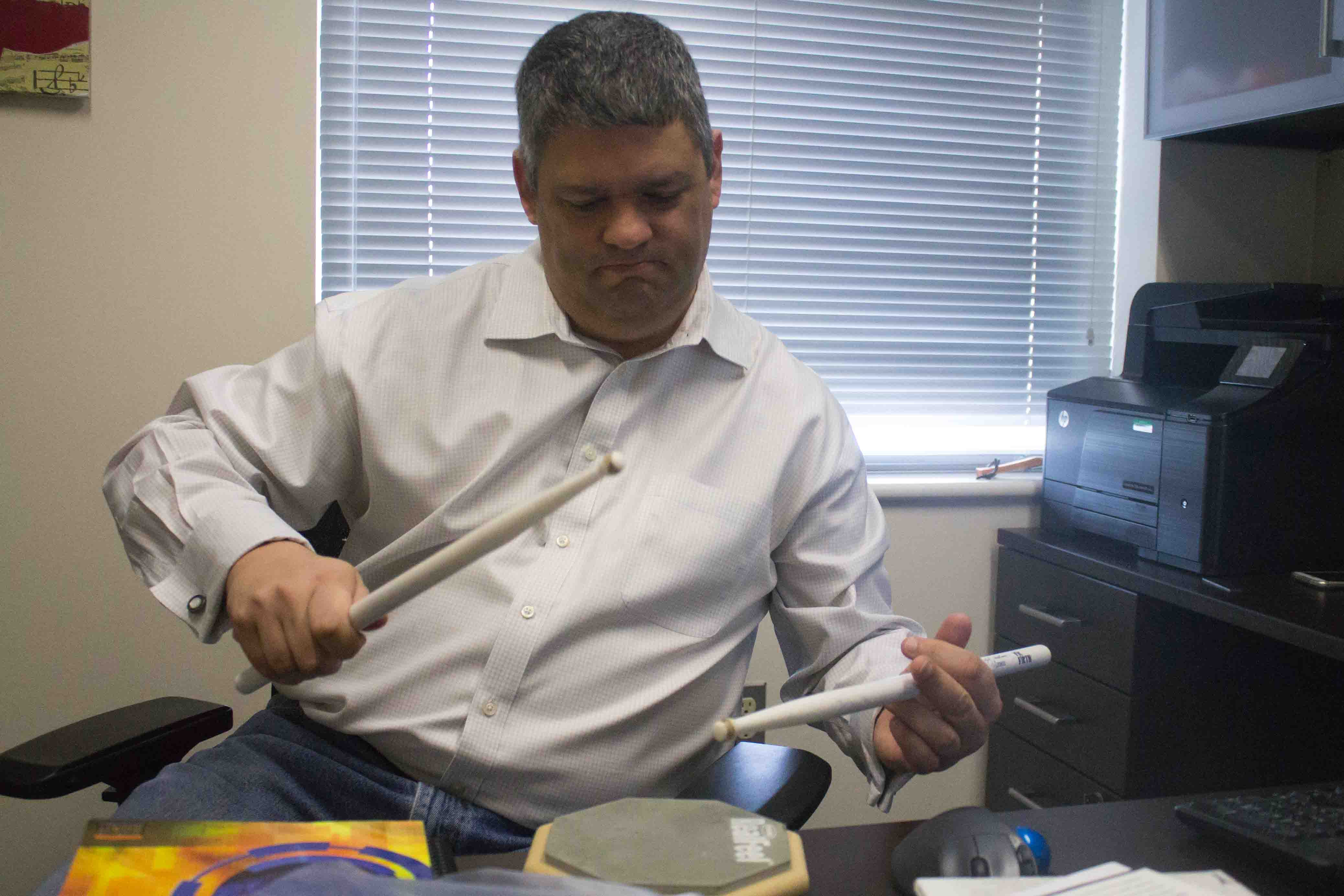Liberty in North Korea, a club based out of Long Beach, California, is a non-profit organization dedicated to the safe relocation of refugees from North Korea, more formally known as the Democratic People’s Republic of Korea.
The Kennesaw State chapter of Liberty in North Korea has two primary missions. The first is to spread awareness of the crisis in North Korea, and the second is to raise funds for donations.
Every $3,000 raised is another refugee saved. In these dark times, LINK has managed to rescue more than 700 refugees from North Korea to date.
Hydie Jooeun Kim, president of LINK’s KSU chapter, is a South Korean native. Her concern lies in differentiating between the North Korean government and North Korean civilians.
She believes that the disconnect in the world’s understanding of the country and its people’s strife comes from the media’s focus on the DPRK’s political stunts, rather than what they’re doing to their civilians.
Created at Yale University in 2004, LINK has centered its focus on raising awareness of the human rights crisis in North Korea and on rescuing refugees fleeing the DPRK. They execute rescue missions using a “modern-day Underground Railroad” running between China and Southeast Asia.
It’s from here that citizens can be relocated as refugees to South Korea or the United States. These rescues individually cost nearly $3,000.
As Kim puts it, LINK’s focus is “on the civilians who want to escape from North Korea for a better life for themselves.”
“They escape through borders into China,” she said. “The problem is if they’re caught, they’re either sold into human trafficking or — if they’re caught by Chinese officials — they are sent back to North Korea where they could be sent to concentration camps.”
The government of North Korea, led by Kim Jong-Un, is currently committing human rights violations, according to Human Rights Watch. The DPRK is currently running modern-day concentration camps called “kwanliso.” These prison camps are filled with political prisoners and citizens who attempted to escape but were caught by the DPRK or China.
These people are tortured, starved, executed and kept in fatally unsanitary conditions. They are subjected to forced-slave labor and, in a separate faction of the camps called “kyohwaso,” correctional re-education.
The DPRK denies involvement in this, but the few people who have managed to escape these prison camps —including defectors — confirm and corroborate each others’ accounts.
Those who have escaped have shared the terrible details of the prison camps. Prisoners are executed by guards for “rewards,” children are eaten alive by dogs and humans are so malnourished that they must eat rats to survive. According to the United Nations, there are between 80,000 and 120,000 people detained in these camps.
The governments of the world are aware of this crisis but, due to the extremely complicated nature of the political situation, are effectively unable to take any large scale action. LINK’s goal is to turn the attention to the people of North Korea, to the civilians trapped and imprisoned there who need help.
LINK is taking action and making a difference where they can, working with underground activists and operatives in China to help North Korean refugees escape.
“What LINK tries to do is intervene and find the refugees before the Chinese officials can,” Kim said.
If you want to get involved, the KSU chapter meets on the third floor of the student center from 1-2 p.m. on Tuesdays.
On Tuesday, March 13, they will be having an event in the student center for “White Day,” described as a “reverse-Valentine’s Day” celebrated in Asian Countries. LINK’s KSU chapter can be reached through OwlLife or their Instagram at @linkksu.


